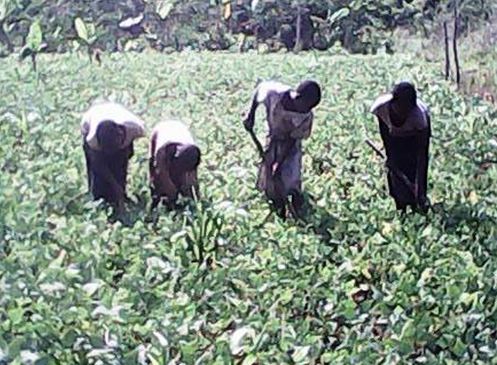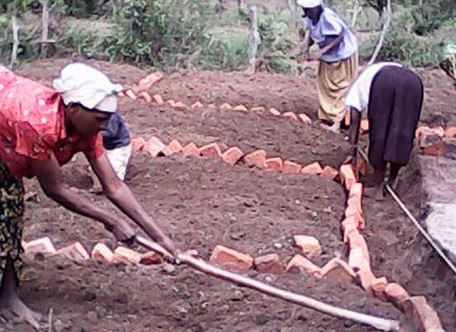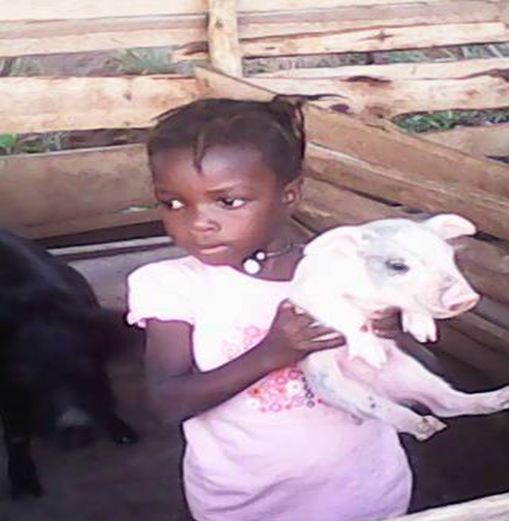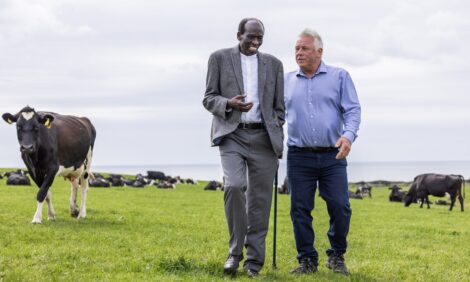



Hail Storms Ruin Crops at Planting For Hope: November Newsletter
Apollo Saku is a farmer, agricultural academic and project leader for Planting for Hope Uganda, a sustainable wealth creation programme aimed at empowering rural communities through farming and cooperative schemes.
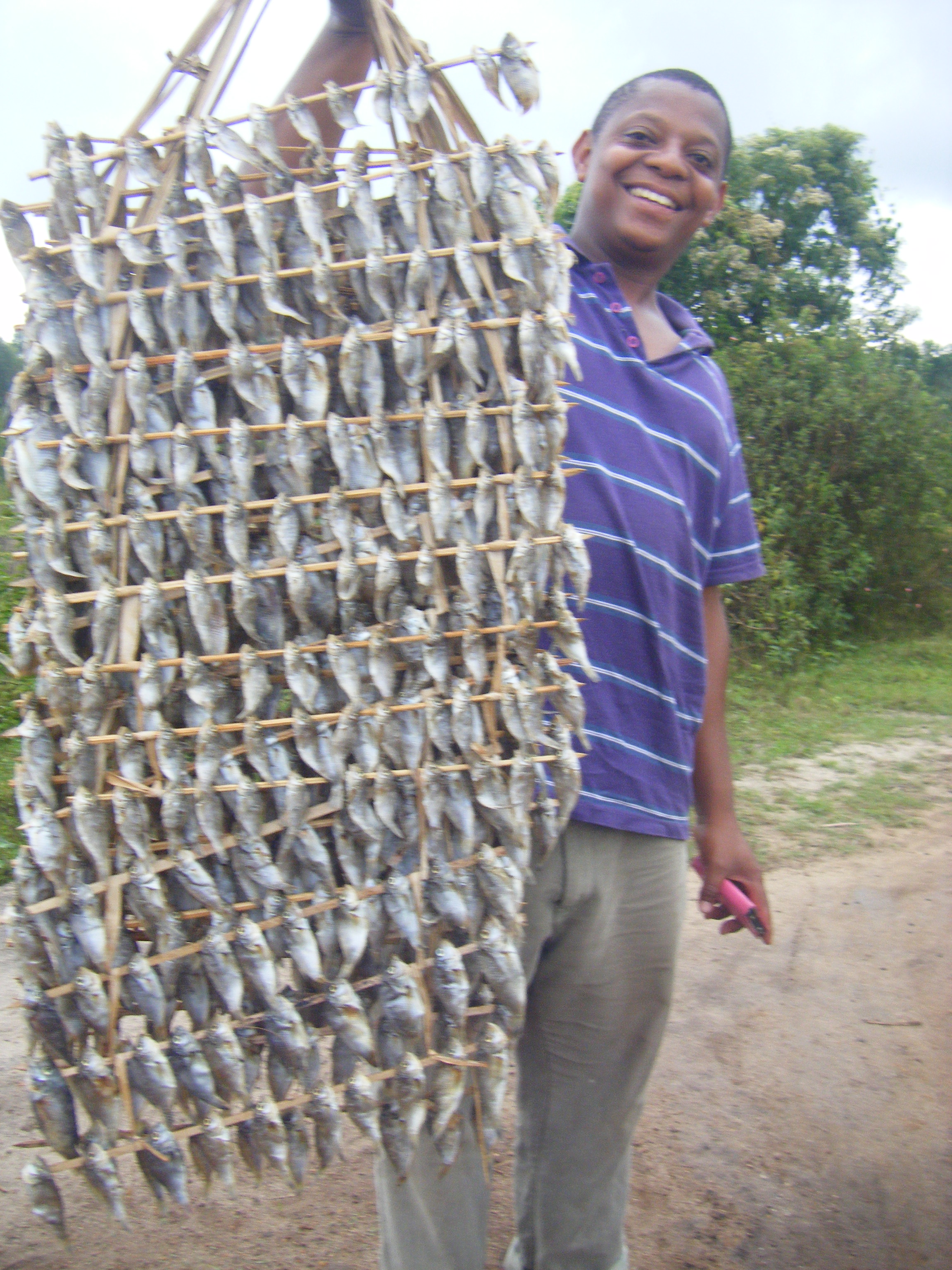
Along with the Planting for Hope team, Apollo is teaching the Kititi and Bukunda people to farm sustainably and market produce and crafts.
The land currently under his stewardship lies to the west of Lake Victoria in the Kyanamukaaka region in the Masaka District of south west Uganda.
The villagers are currently recovering from a destructive hail storm that arrived in the November rains…
“We have come to the end of the planting season, and now crops have been destroyed by hail storms, there is NO hope for ‘a good Christmas’,” summarises Apollo.
Hailstones ruined the Matooke and Maize crops, mainly affecting the Kititi people. Consequently, Apollo was forced to organise a trip to the town of Masaka, about 20 miles away, to buy food.
Apollo says that such a ‘calamity’ is rare in Uganda and that, unlike farmers in more developed parts of the world, there is no weather forecast to plan on.
*
"Now crops have been destroyed by hail storms, there is no hope for a good Christmas"
Lost crops mean having to rely on retailers. This is not economically feasible to a community trying to be self-sufficient through the Planting for Hope Uganda (PFHU) scheme.
Apollo explains that around 40 families have been put at risk: “Most families have been finding it very hard to find food,” says Apollo. “We went to Masaka town, which is about 20 miles from Kititi to buy some maize flour and beans for 40 bush families. We were able to get 100 kgs of flour and 50 kgs of beans. At least everyone got 2.5 kgs of flour and a kilo of beans. This will last them a few days.”
In the last newsletter, much planting had taken place over September, done early to make use of the October and November rains. This was the second planting opportunity of the year, as Uganda benefits from two growing seasons.
Crop damage comes as a big blow after considerable hard work to establish crops and cultivate a seed bed.
Women weed the bean garden at the PFHU farm
However, hailstorms aside, the rains were good and have allowed the bean fields to progress, with harvest scheduled for the end of November. This food source is vital and will go into Christmas food packs for every bush family living in the Kititi community.
“We have also set up vegetable gardens,” adds Apollo, important cropping areas in which the whole community are involved and where women take a lead role in cultivating and weeding plots.
“The women in the Kititi cooperative have put up gardens and they have grown tomatoes, cabbages, onions, cucumber, squash and beetroot. This is aimed at boosting nutrition among their families.”
He adds: “Once these are ready they will be shared among them as a way to improve on health and nutrition in the area.”
Kititi women's cooperative hard at work on the new vegetable beds
Piggery Project
Apollo’s pig sty is full of another litter of pigs. This is pleasing and shows the PFHU project is continuing to expand. Usually, weaning happens after two months and young boars are castrated about half way through weaning. The new set of piglets is part of Apollo's pig multiplication centre, a potential income stream for villagers in the future.
*
"I am glad this project is slowly expanding......and this will enable us in the near future to create a pig multiplication centre"
“I am glad this project is slowly expanding,” he says. “Piglets will be sold to other able farmers as a way to bring back some income into the project such that we can meet some of the many Kititi community needs.”
Pork is the main meat in the area and a ready market awaits Kititi pork when hogs are finished, explains Apollo. Local breeds are hardy to disease although grow slower.
Modern pig farmers have fast growth, commercial breeds from Denmark and Sweden such as Landrace and Large White.
Apollo's local pigs can feed 'on anything' and be tethered. Cross breeding options are popular in Uganda however, much of which occurs at Jinja, near the source of the river Nile.
To find out more about Apollo and his farm in Uganda click here or contact Kate Oakley at [email protected]

